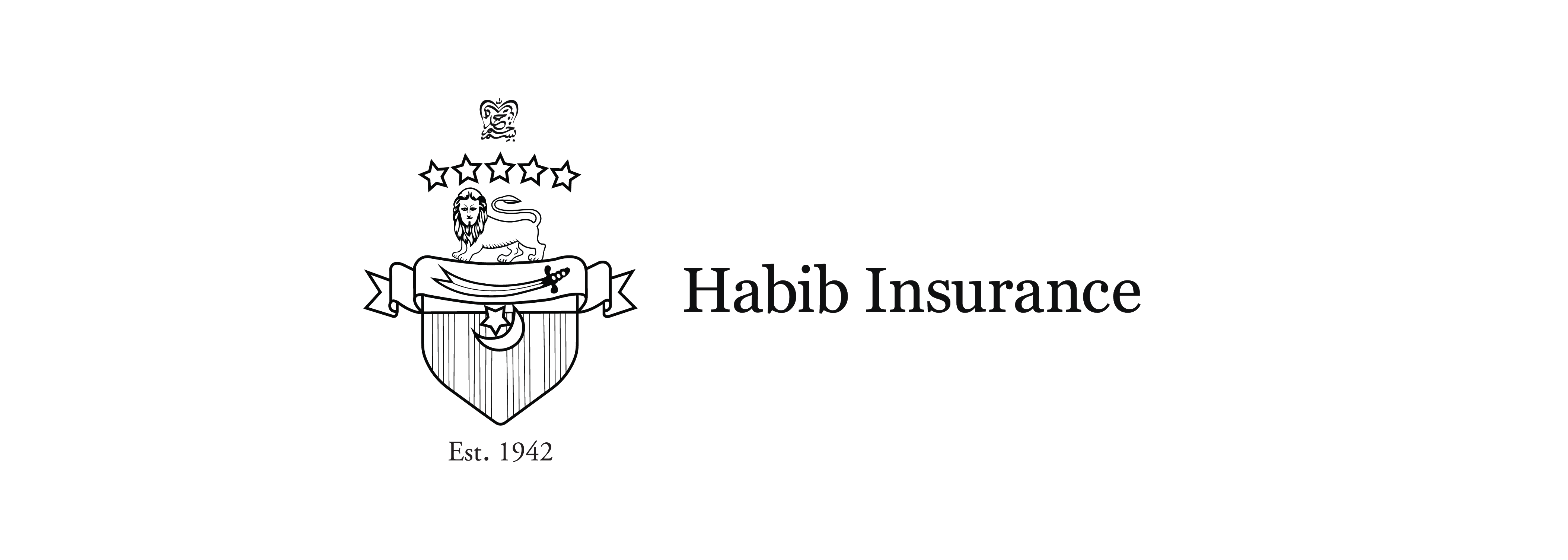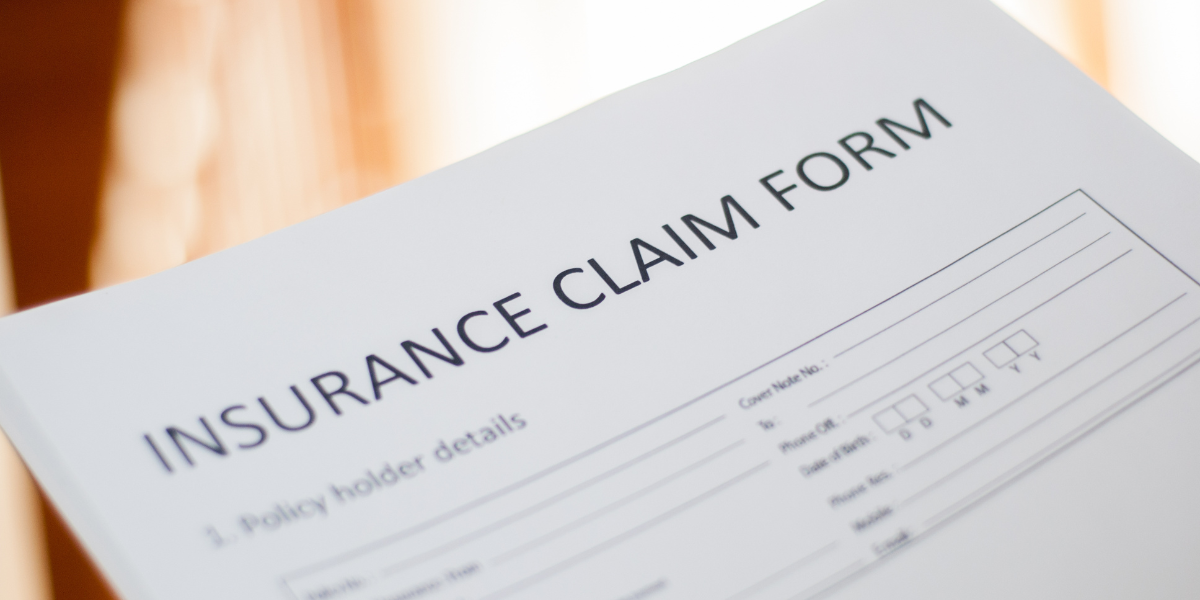Understanding insurance can sometimes feel overwhelming, especially when you come across terms like “premium,” “deductible,” and “claim.” Whether you are purchasing health insurance, car insurance, property insurance, or marine insurance, these three components make up the foundation of how every insurance policy works.
For customers trying to make informed decisions, knowing the difference between them is essential not only to choose the right plan but also to avoid any surprises when an incident occurs. Many times, the customers are surprised after knowing about the loss which is not covered.
In this comprehensive guide, we break down these three core concepts and explain how they work together within your insurance policy with Habib Insurance, helping you better understand your coverage and manage your financial risks confidently.
1. What Is a Premium?
A premium is the amount you pay to an insurance company in exchange for coverage. It can be paid monthly, quarterly, or annually depending on your plan.
Think of premiums as a membership fee: as long as you keep paying them, your policy remains active, and you stay protected against financial losses that may arise from accidents, emergencies, or unexpected events. Premiums are paid at the time of getting a policy.
What Determines Your Premium?
Your premium is influenced by several factors, they are as follows:
- Type of insurance: Car, health, property, travel, or marine insurance.
- Coverage amount: Higher coverage usually means a higher premium.
- Risk profile: Age, location, occupation, lifestyle, and driving history (for car insurance).
- Claim history: Customers with frequent claims often pay more.
Insurance companies like Habib Insurance carefully calculate these risks to offer premiums that are fair, competitive, and reflective of your coverage needs.
2. What Is Deductible?
A deductible is the amount you agree to pay out of your own pocket before your insurance coverage kicks in.
For example, if your car insurance policy has a deductible of Rs. 10,000 and you face damages worth Rs. 50,000, you pay the first Rs. 10,000 while the insurer covers the remaining Rs. 40,000.
Types of Deductibles
- Fixed Deductibles:
A specific amount you must pay every time you file a claim. - Percentage Deductibles:
Common in property and marine insurance, where the deductible is a percentage of the total claim amount or insured value. - Voluntary Deductibles:
Customers choose to pay more out-of-pocket in exchange for lower premiums. - Compulsory Deductibles:
Imposed by the insurer; you must pay them regardless of your choice.
How Deductibles Affect Your Insurance
- Higher deductibles = lower premiums
- Lower deductibles = higher premiums
Choosing the right balance depends on your financial comfort, frequency of risk, and the type of asset you’re protecting.
For example:
- In marine insurance, a higher deductible may be beneficial if you are confident in your vessel’s maintenance and low-risk usage.
- In car insurance, a moderate deductible helps prevent small, frequent claims that can increase premiums over time.
3. What Is a Claim?
A claim is a formal request you submit to your insurance provider asking them to compensate you for a covered loss.
Claims arise from events such as:
- A vehicle accident
- A health emergency
- Damage to your house due to fire, flood, or theft
- A marine or marine-related incident like collision, cargo damage, or equipment breakdown
- Travel interruptions or lost baggage
When you file a claim, the insurer investigates the incident, verifies the loss, and processes the payment according to your policy terms. The claim department follows a process to do the needful.
How Claims Work
The claims process typically includes:
- Notifying the Insurer:
As soon as the incident happens, you inform your provider—Habib Insurance offers quick and seamless notification channels. - Submitting Documents:
This may include photos, medical reports, police reports, or repair estimates. - Assessment by the Insurance Company:
A surveyor or claims officer evaluates the damage or loss. - Approval and Payment:
Once validated, the insurer pays the approved amount minus the deductible. - Claims Settlement Letter:
Final confirmation detailing the claim amount and coverage used.
Why Claims Are Important
Claims bring your insurance policy to life. Insurance exists so that you don’t have to bear heavy financial burdens alone. A smooth claims process reflects the reliability and customer commitment of your insurer, something Habib Insurance places at the core of its service.
How Premiums, Deductibles, and Claims Work Together
To better understand their relationship, imagine this scenario:
You have a property insurance policy with:
- Premium: Rs. 20,000 per year
- Deductible: Rs. 25,000
- Coverage: Up to Rs. 5 million
One day, due to an electrical short circuit, damages worth Rs. 300,000 occur.
Here’s what happens:
- You file a claim.
- Your insurer assesses and approves it.
- You pay your deductible of Rs. 25,000.
- Habib Insurance pays the remaining Rs. 275,000.
- Your policy remains active as long as you continue paying your premium.
All three components work in harmony to give you financial protection without overwhelming you with costs.
Common Misunderstandings Explained
“If I pay a higher premium, I won’t need to pay a deductible.”
Not necessarily. Premiums and deductibles are separate elements. A high-premium plan may offer a lower deductible, but it does not eliminate it entirely. Higher premium does not mean full coverage.
“My premium will immediately increase after every claim.”
Only certain types of policies adjust premiums based on claims. Some do not. It depends on your policy and insurance provider.
“No deductible means better coverage.”
Not always. Zero-deductible plans usually come with much higher premiums. You must compare both short-term and long-term costs.
Tips for Choosing the Right Insurance Plan
- Assess your financial capacity:
Can you comfortably pay a higher deductible in case of an emergency? - Compare premium options:
Sometimes paying a slightly higher premium gives you significant additional benefits. - Understand your risks:
For example, if you own a vessel and require marina insurance, evaluate the frequency and nature of marine-related risks before selecting a deductible. - Check insurer reliability:
Choose a provider known for timely claim settlements like Habib Insurance. - Review your policy annually:
Your needs may evolve, so update coverage accordingly.
To know more about the policy details, please visit www.habibinsurance.net

